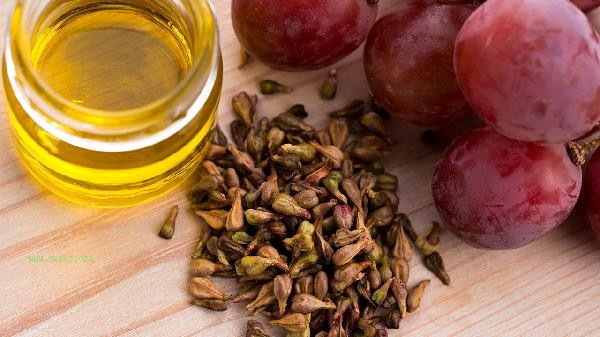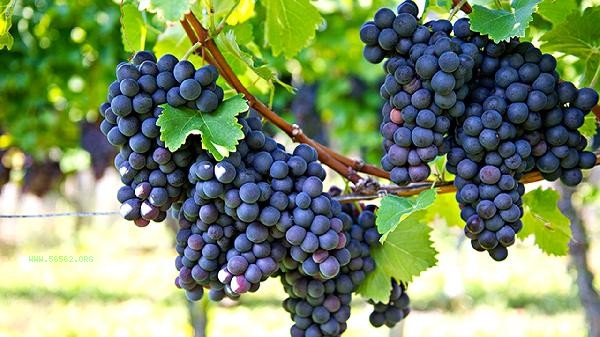Grapes can be preserved for a longer period of time by refrigeration, sealed packaging, avoiding cleaning, keeping them dry, and storing them separately.

1. refrigerated storage
Placing grapes in the refrigerator compartment is the most common method of preservation. Low temperature environment can effectively inhibit bacterial growth and water loss, and it is advisable to control the temperature between 0-4 degrees Celsius. It is recommended to use breathable fresh-keeping bags or perforated containers for storage during refrigeration to avoid excessive sealing that may cause condensation of water vapor. Unclean grapes can be stored in refrigeration for 5-7 days. If they have been washed, they should be consumed as soon as possible.
2. Sealed packaging
Using food grade cling film or sealed bags to wrap grapes can reduce air contact. Before packaging, a layer of kitchen paper can be placed to absorb excess moisture and prevent the grape surface from becoming damp and moldy. Be careful not to squeeze the fruit, keeping the grape clusters intact is more conducive to preservation. This method, combined with refrigeration, can extend the shelf life to about one week.
3. Avoid cleaning
The natural fruit powder on the grape skin has a protective effect, and premature cleaning can damage this protective film and accelerate decay. If cleaning is required, it is recommended to rinse with running water before consumption and immediately wipe off surface moisture. If individual rotten fruits are found during storage, they should be promptly removed to avoid mold spreading and contaminating the entire bunch of grapes.

4. Keep dry
A humid environment can easily lead to grape mold growth. Before storage, check if the stems are fresh. Grapes can be spread flat on a tray covered with absorbent paper and stored briefly in a cool and ventilated place. If long-term storage is required, intact grape grains can be cut and frozen into ice grapes, which can be used to make drinks or desserts and stored for several months.
5. Store grapes separately.
Grapes should not be placed together with fruits such as apples and bananas that release ethylene, as ethylene can accelerate fruit softening and spoilage. At the same time, stay away from strongly scented ingredients such as onions and garlic to prevent cross contamination. The ideal storage space should be clean and odorless, with humidity maintained between 85% and 90%.

Fresh grapes are rich in polyphenols and vitamin C, and their nutrients will gradually be lost during storage. It is recommended to consume them as soon as possible. When purchasing, choose grapes with uniform fruit powder and emerald green stems, and remove damaged fruits before storage. Grapes can be made into raisins or jam in daily life to extend their shelf life, but it is important to note that adding sugar may affect blood sugar control. Special groups such as diabetes patients should control their intake, and those with renal insufficiency should avoid the risk of high potassium.









Comments (0)
Leave a Comment
No comments yet
Be the first to share your thoughts!